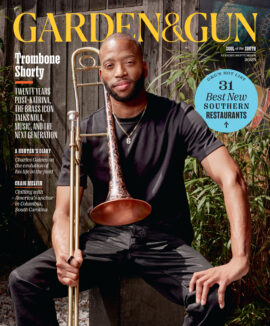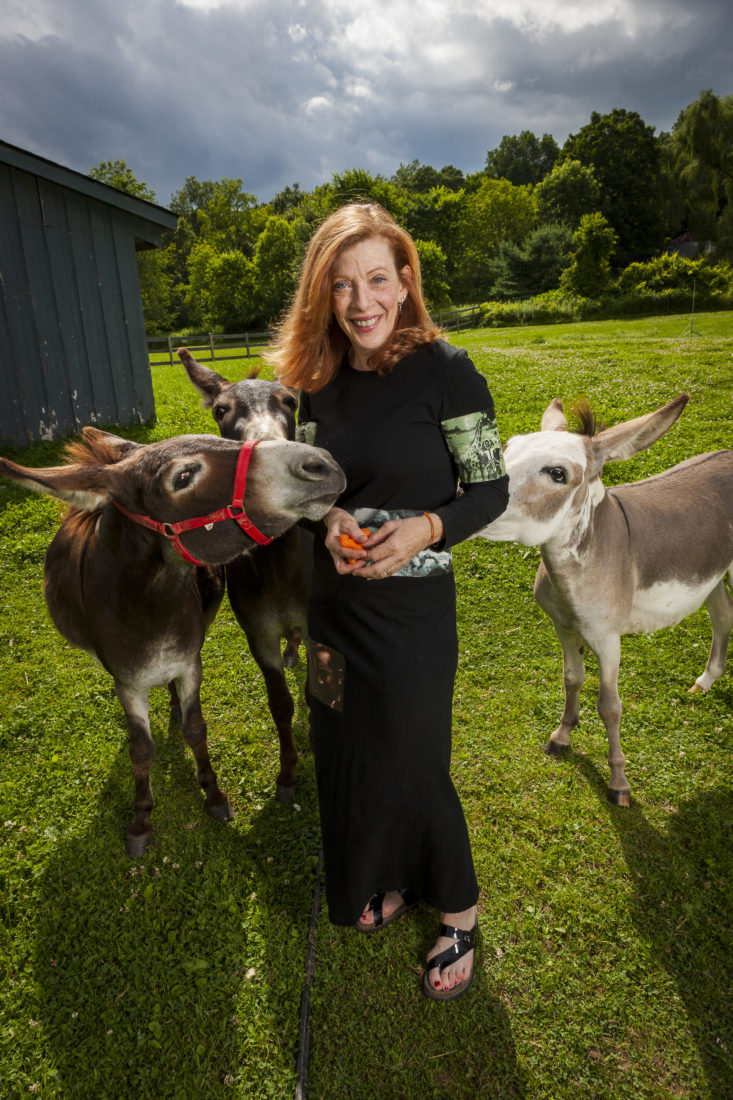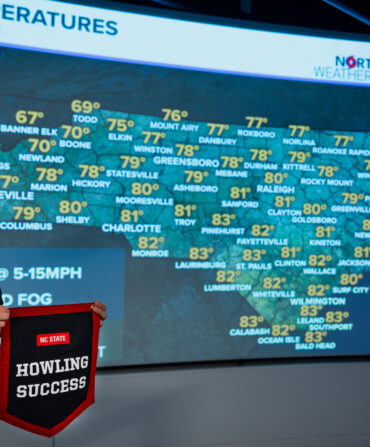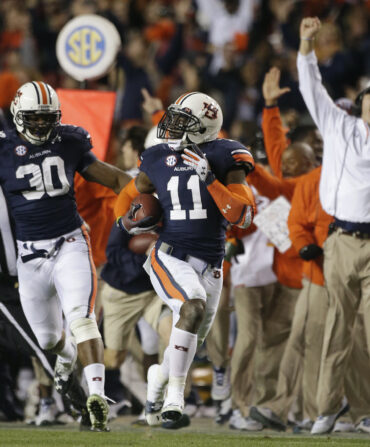Usually, she dives into one topic and then moves on. Perhaps best known for her book The Orchid Thief (and the film it inspired, Adaptation, in which Meryl Streep played her), Susan Orlean introduced readers to a real-life flower poacher in the Florida Everglades. “But then I was asked to write a million stories about orchids, and I was like, I’m done—I’ve said my piece about orchids,” Orlean says over the phone from her home in Los Angeles.
But animals are ever engaging, she explains as she paces around her house with her playful pandemic puppy. “Buck has these bursts of morning energy,” she says. “I’ve probably walked three miles inside today, just kicking his toy squirrel for him to fetch.” It’s fitting, then, that we’re talking about Orleans’s new book, On Animals, a collection of her reported pieces that include chicken tales from her farm in Upstate New York, a charming ode to a lost dog in Atlanta, and a fascinating look at how Tennessee mules end up in Afghanistan. “I don’t think I’ve ever thought of myself as ‘the animal reporter,’” she says. “But being someone who loves animals, I’ve probably just been more attentive to stories I come across that involve them.” Here, the writer shares more about her animals, her book, and her favorite animal books.
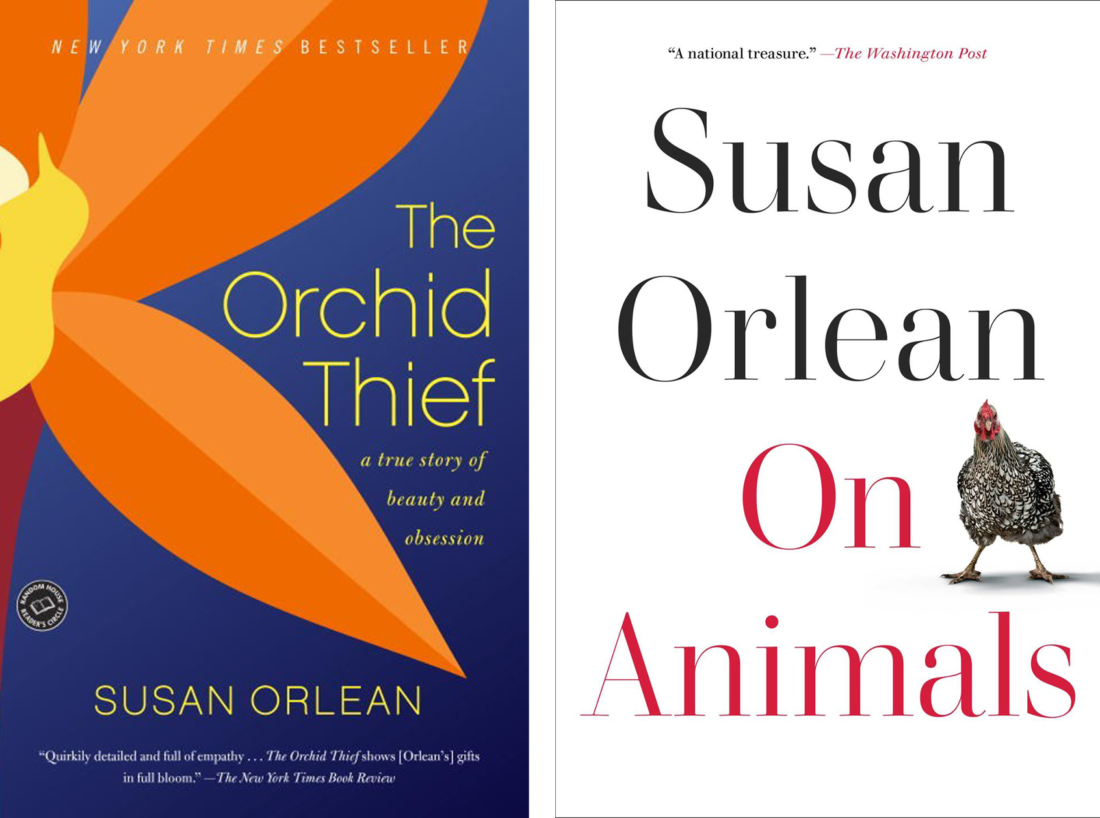
Who are the animals in your life right now?
I have an eleven-year-old Welsh springer spaniel, Ivy, who is a sweetie. I have a one-year-old smooth fox terrier, Buck, who was a pandemic puppy since I can’t resist a trend—I cannot tell you the number of people I know who got dogs during all this. And I have Leo, an eleven-year-old cat who was a shelter cat. I have another cat, but I can no longer claim she’s mine because she lives with our former farm caretaker. I knew she would be very unhappy as an indoor cat, but in L.A. you can’t be an outdoor cat. In fact, someone just posted a picture of a mountain lion who has moved into our neighborhood and had a cat dangling from its mouth.
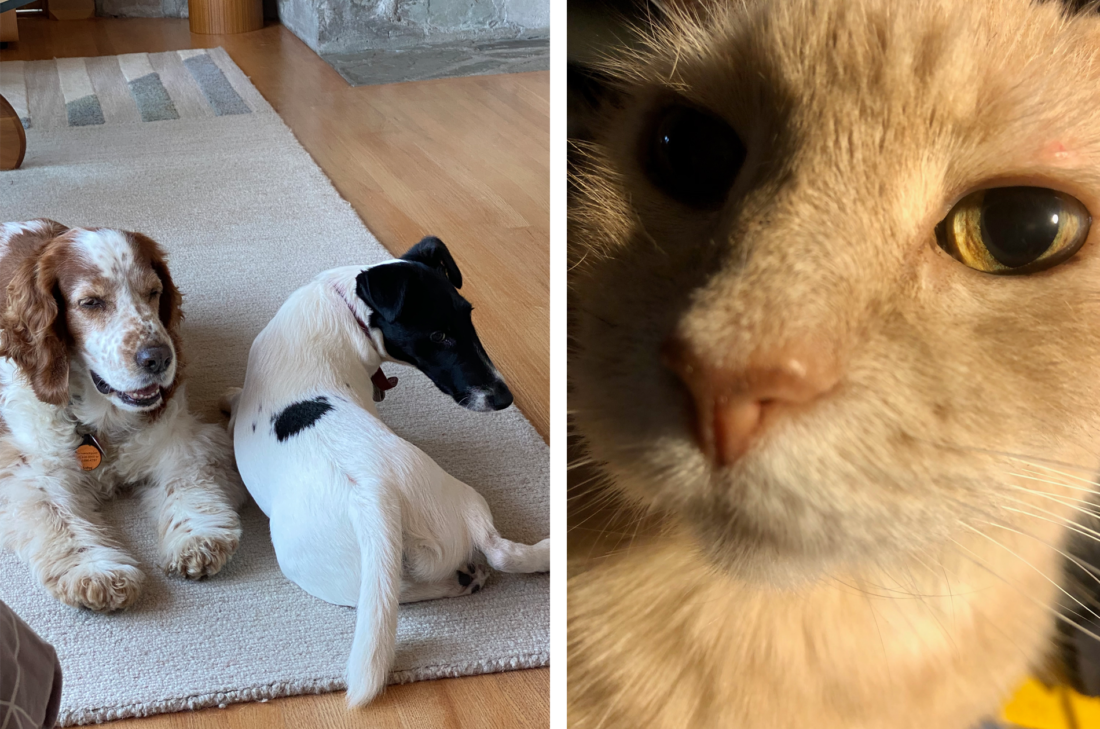
You sold your farm in Upstate New York during the pandemic, while working on this book?
Yeah, and that made it really poignant because that was the place where I had had the most diversity in my animals. Having the different qualities of relationships with the animals who live in your house and the animals who don’t was interesting to me. So as a farewell to the farm, the timing of this book felt appropriate. Certainly it’s not my farewell to having animals, but it’s a farewell to having that farm life.
I had written a column for the New Yorker’s website years ago when we had just moved. I ended up writing many of the columns about my “Green Acres” experience of being a city person wrestling with farm chores and the cycle of life with animals. In the book, we put them together as more of a narrative because it was sort of an ongoing conversation.
Is that where the idea for the book came from?
After my piece for the New Yorker about a rabbit pandemic, I was looking back over my work and realizing I had a survey of the animal world. It felt like the sum seemed greater than the parts, and it seemed to naturally kind of resonate. I went to my publisher and said, I have a book’s worth of animal stories that fit together and examine this parallel universe from many different angles.
I’ve noticed that two things will always interest readers: food and animals.
There is a universality to animals and food. You might not be a foodie, but you eat. You might say you don’t want a pet, but just by living on planet Earth, animals are a part of your life. But the number of people who have pets is enormous, and it makes you realize that there is almost a basic human need to have a relationship with an animal.
Why do you think dogs in particular are so important to us?
We feel we have the ability to understand a dog, but there’s this fact that we absolutely cannot. It makes it irresistible to try. People have very strong feelings about people. It’s very hard to have a pure feeling about another person—you react to certain traits. But dogs don’t have that—there’s no ethnicity; they don’t remind you of your brother-in-law who you don’t like, et cetera. Dogs are a blank slate that you can project any emotion on. It’s not so complicated.
There’s an old writing and reporting rule—get the name of the dog. Do you follow that rule?
There’s no question that details are everything. And specificity is everything. And the sense of intimacy and richness that is conveyed with those details is irreplaceable. The reality is my stories are all about details, and in fact the detail to me is overt and the bigger theme is the one that’s more covert. I hadn’t thought of that before, but a lot of people write with the big theme as the billboard, and sometimes they are not as careful to get the details. I build my stories the other way around: I like to layer details that are really revealing and specific and let you figure out the theme.
Where do you stand on giving people advice about their animals?
I have a very good friend who also got a puppy during the pandemic, and her puppy is a little younger than mine. So now I’m the expert because I’m five minutes ahead of her. What’s interesting is, with my kid, I was not somebody who felt inclined to give lots of parenting advice. I just felt like every kid is so different. But with pet ownership, it feels like this is an open topic that doesn’t come with the same kind of judgment that parenting can. You can have a lively conversation about animals, and it doesn’t feel like you’re verging into something that could become inflamed. “I have a dog, you have a dog, and let’s talk about our dogs,” is by and large apolitical.
Favorite dog books?
In the past, I would have said I love My Dog Tulip. It is a really fascinating book, but I reread it not that long ago, and it’s actually super weird, so I’m reconsidering that opinion. “The Bear” by William Faulkner is an amazing animal story. Remarkable. When I think about Rin Tin Tin, as I was writing that book, I didn’t really have a model. But I had a ton of favorite books about animals as a kid—the books I gobbled up. The first book I think I ever identified with was Misty of Chincoteague. I was horse crazy when I was a kid, but that book in particular filled in my dreamscape of a relationship with horses. Even into adulthood I’ve had this persistent wish to go to the pony drive.
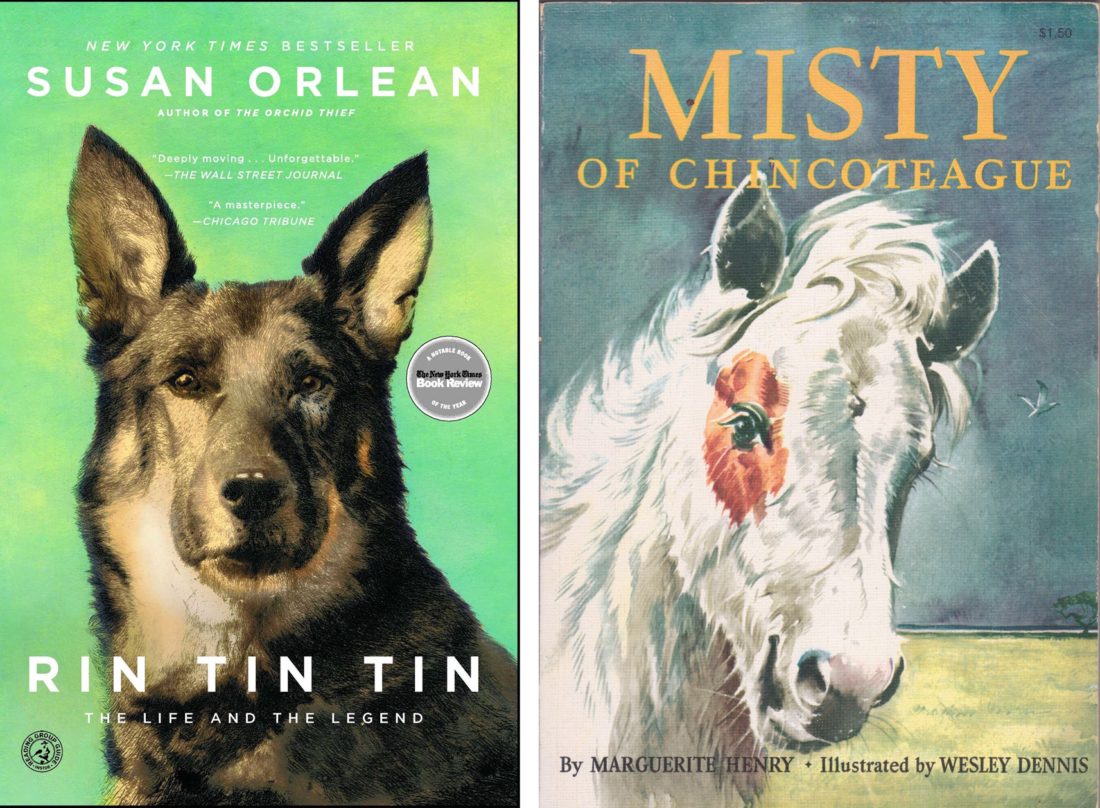
The volunteer firefighters who do that drive in Virginia are incredible. And you’ve covered some interesting animal-related jobs, too—like the lady who looked for lost dogs full time? She’s mentioned in On Animals.
How the hell did I find her? I had no idea that existed—that there are people who become volunteer dog searchers out of the goodness of their hearts. They spend a huge amount of time and money. But the classic funny job is chicken sexer. People think it sounds absurd, but chicken sexer is a very important job.
What have you been watching and reading with more time at home?
I’ve done a ton of reading, but I began really devouring podcasts, especially true crime podcasts. On the radio, I listen to Radiolab, Snap Judgment, and This American Life. I watched a ton of news in the beginning, but then I emerged from that cocoon and started watching tons and tons of limited series. I’m grateful that the pandemic occurred at a time when streaming exists. We just finished an incredible Swedish television series called The Restaurant and an amazing French show called The Bureau.
Immersing yourself in the world of stories is essential if you are a storyteller. You’re always increasing your intuitive ability to say, “Ah, now that’s a good story.”
On Animals is out now.

